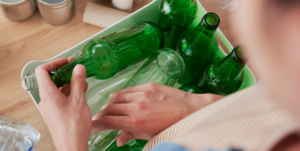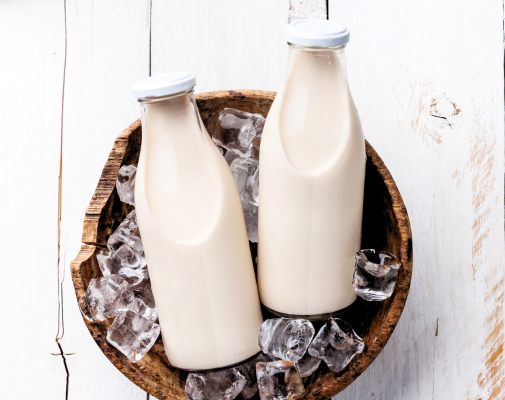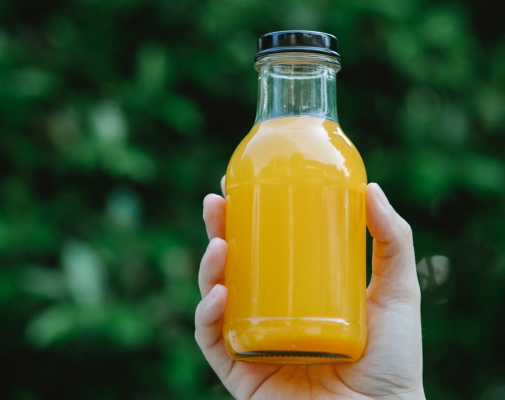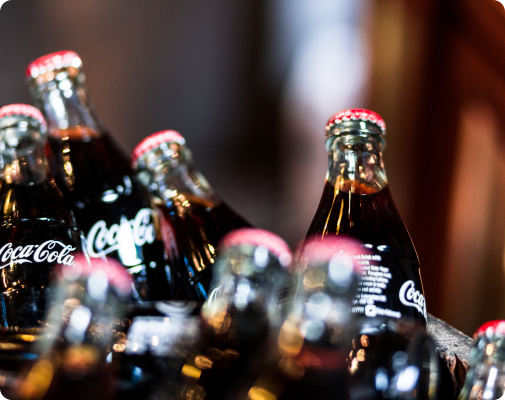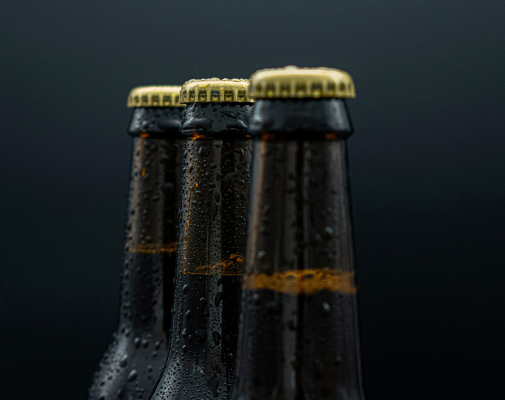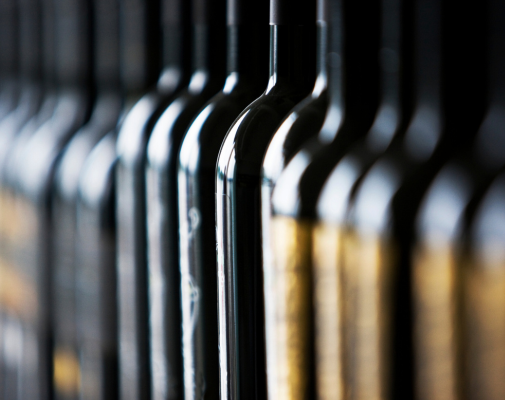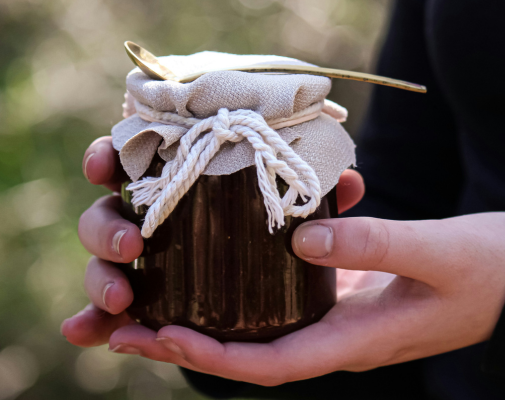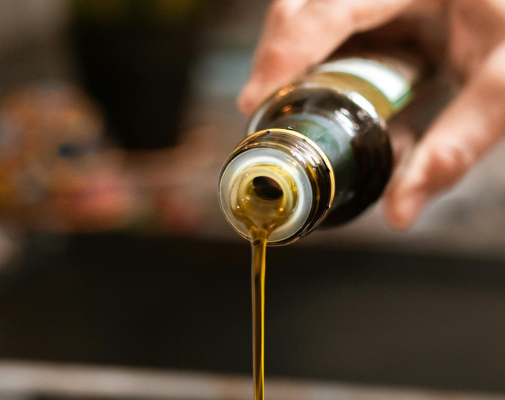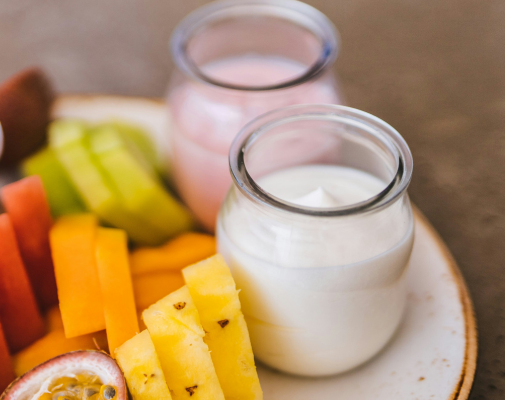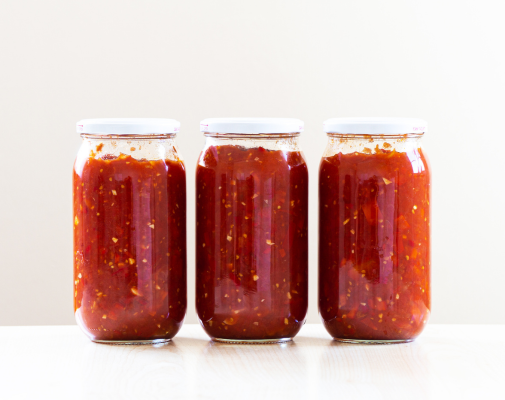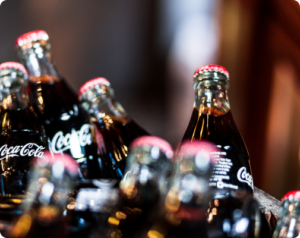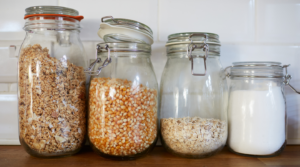Ever wondered how packaging influences flavour, or why Coke tastes better in a glass bottle?
How does packaging affect flavour?
If you’ve ever noticed that your favourite food and drink products taste better when packaged in glass, you’re not alone. There’s so much that goes into the perceived taste of a product including the quality of the brand, temperature, and even how you’re choosing to experience the moment itself – think of how good it feels to crack open a cold beer or Coca Cola on a hot summer’s day!
One aspect we often overlook is how our food or drink is packaged. Packaging is key for protecting our favourite drinks, such as Coke, beer, milk and wine. It influences the flavour, composition and quality of food and drink products. And there’s so much more to food and drink, if we look beyond the label. Look in your fridge or pantry, and you’ll probably notice just how much comes in glass: yoghurts, sauces, jams and condiments. This can have a significant impact on how much we enjoy our meals or beverages.
How does glass preserve the taste of food and drinks?
A lot of it comes down to science. Researchers and food scientists (like Food Packaging Forum and Dieter Schrenk) have found that glass is proven to preserve food product flavour and quality, compared to other packaging materials. In the case of glass, this concerns four key elements – natural ingredients, inertness, impermeability and safety – which work in harmony to make your favourite food or drink taste better.
Packaging with materials that come from nature
With glass, what you see is what you get. Every bottle, jar or pot is created by combining three ingredients found in nature – sand, soda ash and limestone – as well as recycled glass content (also known as cullet)! Unlike other packaging materials, there’s no need for any additional plastic linings or synthetic internal layers to ensure food or drink can be safely stored for a long period of time.
Pure taste
Glass is tasteless and odourless. Using it to package our favourite food and drinks maintains all of the freshness, strength, aroma and flavour, as well as all the vitamins and minerals. Its inertness also guarantees no chemical reactions between the content and packaging, meaning your food or drink will taste exactly as originally intended.
Impermeable material
As a non-porous, single-layer material, glass acts as a protective barrier against external elements. All flavours and a
romas of your favourite food or drink stay intact, as it functions as a barrier that keeps out oxygen, light and heat. This is why we call it “impermeable,” as it doesn’t let anything from outside affect taste.
Safely stored
Glass doesn’t just result in food that preserves its original taste – it’s also a safer and healthier choice compared to other materials due to the lack of chemical migration. There’s no risk of potentially harmful chemicals that can leach into food and drinks. The material also doesn’t deteriorate over time, making glass a safer and healthier choice for storage.
Why do drinks taste better in glass?
Why does food taste better in glass?
Related posts



